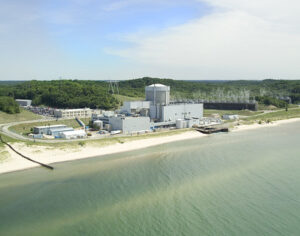I’ve written about the loss of taxable value in the City of Ypsilanti and Ypsilanti Township. Combined, these two areas provide 10% of the tax collections for Washtenaw Community College. They are among five areas in Washtenaw County whose taxable values have not fully recovered from the Great Recession. In addition, the City of Saline, Scio Township, and Northfield Township collect less in taxes today than they did in 2003, when factoring for inflation.
I bring this up as a classic example of why WCC should focus on high-wage, high-demand programs. If these locales could recover their 2003 taxable values (through a combination of Proposal A increases and investments in these areas by new employers), instead of sending $76M this year to WCC, the Washtenaw County taxpayers could have sent nearly $78.5M.
Instead, WCC’s programs don’t enable most former students (graduated or otherwise) to earn enough money to live in Washtenaw County. Many of these under-resourced former students find their way – at least for some period of time – to Ypsilanti and Ypsilanti Township because these areas offer the lowest cost of living in Washtenaw County. Rather than applying resources to improve outcomes for these cities and townships, WCC further strains the most cash-strapped areas of the county.
This complicates residents’ ability to afford rents, buy homes, or hang onto the homes they have. Currently, nearly 70% of the housing stock in the City of Ypsilanti is classified is rental housing. Even though the quality of the housing stock is not improving, rents are rising beyond what residents can afford. Buying a house is not an option for many of these residents because there are few single family homes available. When homes enter the market, prospective buyers must compete with landlord who will reduce the number of owner-occupied homes even more.
The reward for making Ypsilanti more productive
There is a clear financial incentive for WCC to develop programs that will help residents in lower-income communities increase their household incomes. Increasing the prosperity of residents will increase the prosperity of the area. Additionally, the same incentive should be able to entice new employers and new industries into the area to take advantage of an educated, prepared workforce.
It should be WCC’s priority to focus on the needs of these communities to help them reverse their fortunes, if for no other reason than to increase its own property tax collection. Instead, the administration chooses to waste money on an unlimited number of executives and consultants while the residents of the county suffer.
Nice.
Photo Credit: Bird Eye , via Flickr














